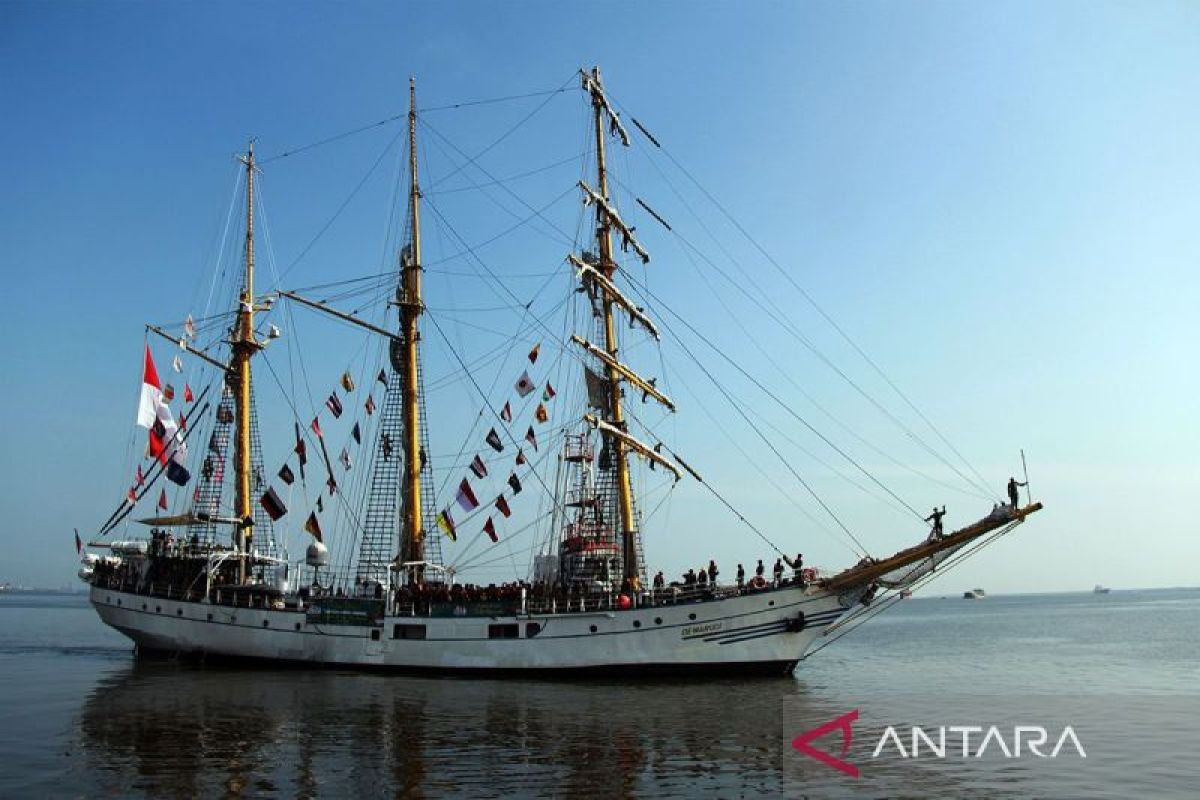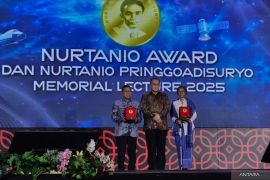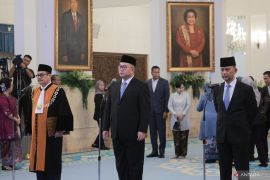Ahmad Najib Burhani, Head of BRIN's Social Sciences and Humanities Research Organization, highlighted that spices were not only valuable trade commodities but also played a crucial role in the country's social, cultural, and religious landscape.
"This is a timely and important moment to remind the government of the significance of maritime issues and the spice routes in Indonesia, both ethnically, religiously, and culturally," Najib stated in a press release on Wednesday.
"We do not know exactly when spices became a globally sought-after commodity," he added.
Referencing the book The Overseas Chinese of South East Asia: History, Culture, Business by Ian Rae and Morgen Witzel, Najib explained that spices from the Indonesian archipelago have been known since ancient times and are mentioned in the histories of ancient China and Egypt.
As part of efforts to preserve Indonesia's maritime heritage, BRIN is strengthening international research and publication collaborations related to the spice routes.
"BRIN has prepared a publication on spice routes that will be submitted to Springer," he said, referring to the well-known academic publishing company.
The Ministry of Education, Culture, Research, and Technology is optimistic that the spice routes will be added to UNESCO’s tentative list of world heritage sites.
"God willing, next year, we can include the spice routes in the tentative world heritage list," said Hilmar Farid, the ministry's Director General of Culture.
The government has been working to secure UNESCO World Heritage status for the spice routes since 2016, actively engaging in discussions to move the proposal forward.
Related news: Cultural Goodwill Spice Route a boost to maritime axis status: govt
Related news: RI seeks Malaysia's support for world heritage push for Spice Route
Translator: Farhan Arda Nugraha, Yashinta Difa
Editor: Anton Santoso
Copyright © ANTARA 2024












